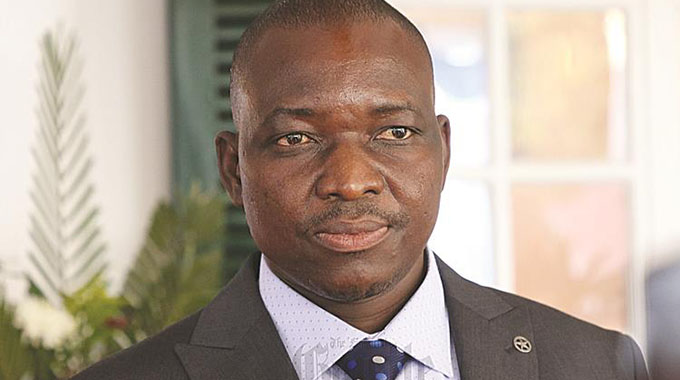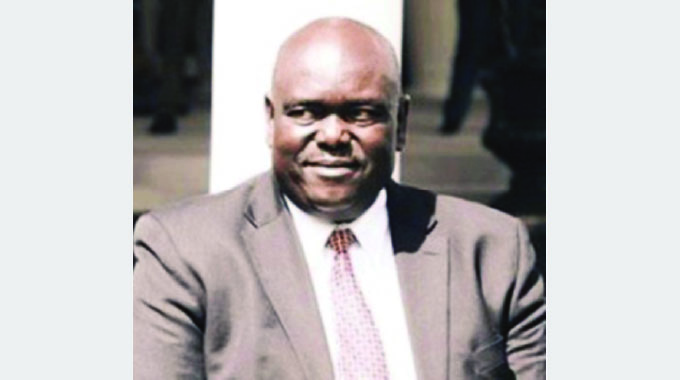Efforts to end loadshedding by November stepped up

Mukudzei Chingwere-Herald Reporter
The problems at the huge Hwange Power Station and the small Harare station have been corrected, while negotiations are ongoing for the importation of more electricity as a short-term measure to lessen the impact of power outages while the country waits for the results of medium to long-term projects.
Energy and Power Development Minister Zhemu Soda, speaking after a Cabinet meeting last night, said by November the issue of power cuts will be behind Zimbabwe as the Hwange Extension starts pumping power into the grid.
The demand for electricity has been pushed up by the increased uptake occasioned by the improved economic activity in the country, which has seen increased business activity occasioned by the Second Republic’s emphasis and deliberate strategies to grow the economy.
The growth, said the Government, has however strained the national grid, but the economic spin-offs are a welcome development, and authorities are going into the market to import more electricity as a short-term panacea.
Last week the situation was exacerbated by faults at Hwange, Harare and Kariba. While Hwange and Harare have been corrected, the situation at Kariba, where one of the eight generators lost a thrust bearing, will be corrected after August 12.
“The past week we had a very serious situation with regards to our power supply provision and that has been occasioned by a number of factors, one of them being the performance of our Kariba power station,” said Minister Soda.
“We lost one unit at Kariba power station which produces 125MW, that is unit 6 and the fault that was detected requires that the thrust bearing be taken to South Africa and the bearing will be brought back on August 12.
“That is when we will be expecting that unit to be brought back to service. We also had challenges from Hwange power station. We have since recovered two units at Hwange.
“Last week the station was running on two units but it is now back to four units and as of Monday there was a generation of up to 407MW that was coming from Hwange station.
“We also had problems with Harare station three. It was also out of service but it has been brought back to service this afternoon,” said Minister Soda.
He said the other challenges of regular faults coming out of the Hwange station are occasioned by obsolete equipment which will be modernised starting next year after the new and large 300MW units seven and eight are complete and feeding the grid, allowing work to start on the older six units commissioned in the 1980s.
The new unit seven is set to be completed by November as expected following satisfactory progress posted so far.
“The Hwange 7 and 8 Expansion Project, which will add an additional 600 megawatts to the national grid, is 90 percent complete and on course to meet timelines,” said Information, Publicity and Broadcasting Services Acting Minister Jenfan Muswere, speaking after the Cabinet meeting.
“Construction of the 6 000 cubic metres ethanol storage tanks in Harare is 96 percent complete. The Kanyemba project which targets the construction of 30,5km of a high voltage line and 3,1km of a medium voltage line, and installation of 12 substations to power 21 institutions as well as energising the high voltage line crossing the Zambezi River from Luangwa in Zambia is now 98 percent complete.
“The Mola Anchor project in Kariba, involving the electrification of Chalala Clinic, primary and secondary schools, District Development Fund, police, Government institutions, and the business centre is on target and will be commissioned by August 30.
“The Caledonia Solar Power Plant construction project has so far achieved the following: installation of 12MW of solar modules and completion of the control room, cabling, and of the line and substation,” said Minister Muswere.
Meanwhile, Cabinet yesterday adopted the strategy paper for the 2023 National Budget.
Minister Muswere said the budget strategy paper is issued annually to guide the budget consultations and other processes for the forthcoming year.
It is a strategic policy document that outlines the forthcoming proposed budget priorities after taking into account the macro-economic conditions in the country.
The strategy paper is meant to improve transparency in the preparation of the National Budget and forms the basis for a detailed process that culminates in the presentation and approval of the forthcoming year’s budget by Parliament.
“Indeed, as the public is aware, Zimbabwe has done well in this regard, and has improved by 11 positions from a ranking of 52nd to 41st out of 120 countries on the latest Global Open Budget Survey,” said Minister Muswere.
“Running under the theme ‘Accelerating Economic Transformation’, the 2023 budget strategy paper will, accordingly, facilitate public, stakeholder and Parliamentary consultations and engagements on policy priorities for the 2023 National Budget, thereby enabling holistic responses to a complex global and domestic economic environment.
“Cabinet underscores that a strong economic recovery and transformation of the country is well underway, notwithstanding the Covid-19 pandemic and new shocks,” said Minister Muswere.











Comments